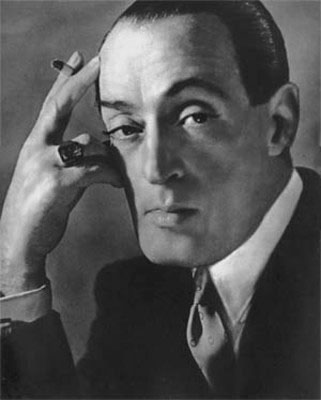
The legend of Totò
Antonio De Curtis, better known as Totò, is not really popular outside of his home country, but here in Italy, he’s a true legend. His name’s largely associated with 1950’s and 1960’s comedy movies, however Totò marked with his talent also the evolution of theatre and was incredible also in dramatic roles. Totò’s ubiquitous talent allowed him to put his hand also at singing, songwriting and writing: he was a truly multi-faceted artist.
In Italy, however, he’s largely known as Il Principe della Risata, the prince of laughter, his face associated with black and white narratives of post war and, later, economic boom Italy. His comicality, made of slapstick and misunderstandings, but also of bittersweet considerations on Italy’s social inequalities, is today classic: he embodies a quintessentially Italian type of comedy and acting, his movies the picture of a country that no longer exists today.
Funnily enough, Totò’s relevance as a complete, serious artist is today out of discussion, but it hasn’t always been like this. In fact, critics of his time tended to neglect him and his works, preferring the aesthetics and the message of the much more “en vogue” neo realism.
His popularity remains, even today, entirely unscated: if you happen to be in Rome, head to Piazza Navona and take a look at the work of the many portrait artists there: you’ll certainly find a drawing of Totò among their pieces.
His Life
Totò’s real name was Antonio De Curtis, and what a story his name has. He was the son of Anna Clemente and Marquis Giuseppe De Curtis. Born out of wedlock, Marquis De Curtis refused to recognize him. Antonio grew up with his mother in the working class Naples’ neighbohood of Rione Sanità. In Naples, Totò discovered a passion for acting and theatre, managing to make a bit of a name for himself smaller artistic circles.
In 1922, he moved to Rome with his mother and tried his luck with theatre in the capital. Things didn’t pan out quite as well as he expected, the capital. It was thanks to the eye and support of Giuseppe Jovinelli, a theatre manager and talent scout that Totò managed to find fame in Rome, too.
In the 1930’s, Totò entered the world of movies: it was the beginning of a career which was to span over 30 years and more than 100 movies.
Also in the 1930’s, Totò asked successfully Marquis Francesco Maria Gagliardi Focas to adopt him; few years later, his natural father, Marquis De Curtis recognized him as his legitimate son, making Totò the heir of two fortunes and two nobiliar titles.
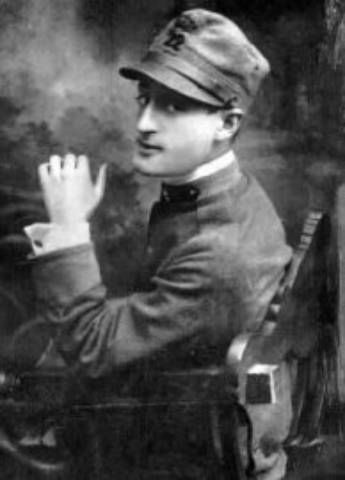
World War One (wikimedia)
Totò died in 1967 because of a heart attack. He had spent his later years with severe eyesight issues, but this didn’t stop his verve and his desire of acting: his last works date from 1966 and 1967 and were realized with some of Italy most influential directors, including Dino Risi and Pierpaolo Pasolini.
His Women
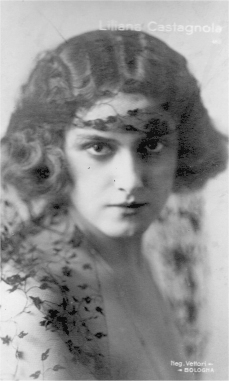
His Legacy
- Totò has made Italian theater history with trademarks like the burattino or “the puppet” (a way of walking and moving arms upside down in a mechanical way), and the themes introduced in his works, which were always interpreted from a comic perspective.
- One of the themes Totò dealt with very often was the importance of aristocratic titles, which he mocked constantly, and the hunger among poor people. The story goes that Totò was so good to evoke hunger in his stage performances because he wouldn’t eat before them.
- Totò’s jokes and lines have also made history, working themselves into everyday Italian vernacular. One example of this is the saying signori ci si nasce or “you’r born a lord,” meaning that nobility is not linked to a title, but to the goodness of one’s heart.
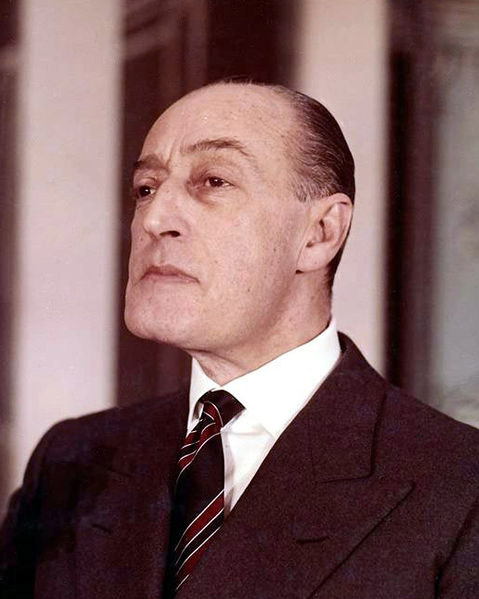
Suggested Totò Movies
I soliti ignoti (Totò has only a minor part in this movie, but it can be found in English), La banda degli onesti, Totò, Peppino e la malafemmina, Miseria e nobiltà, Toto’ truffa 62, i Tartassati e Guardie e ladri.
If you are looking for movies from Totò just go on youtube and search for “Totò film completo” or if you need subtitle ( but very few are available with subtitiles ) “Totò film completo sottotitoli”
Francesca Bezzone









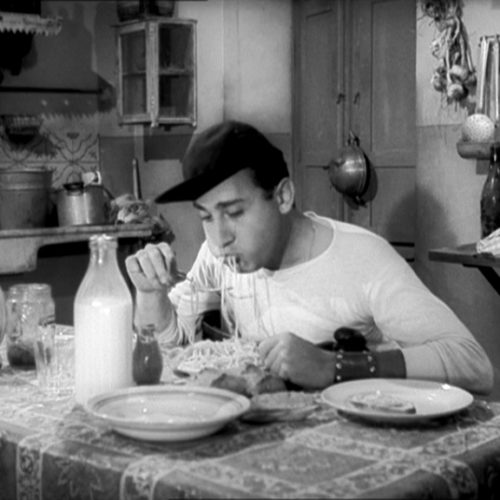
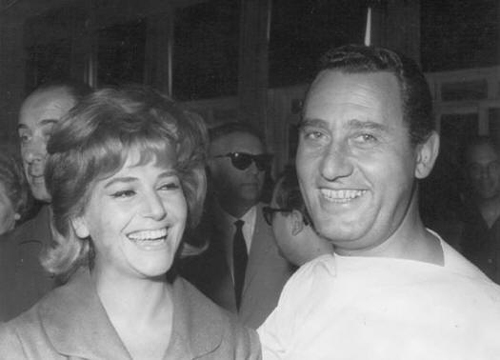
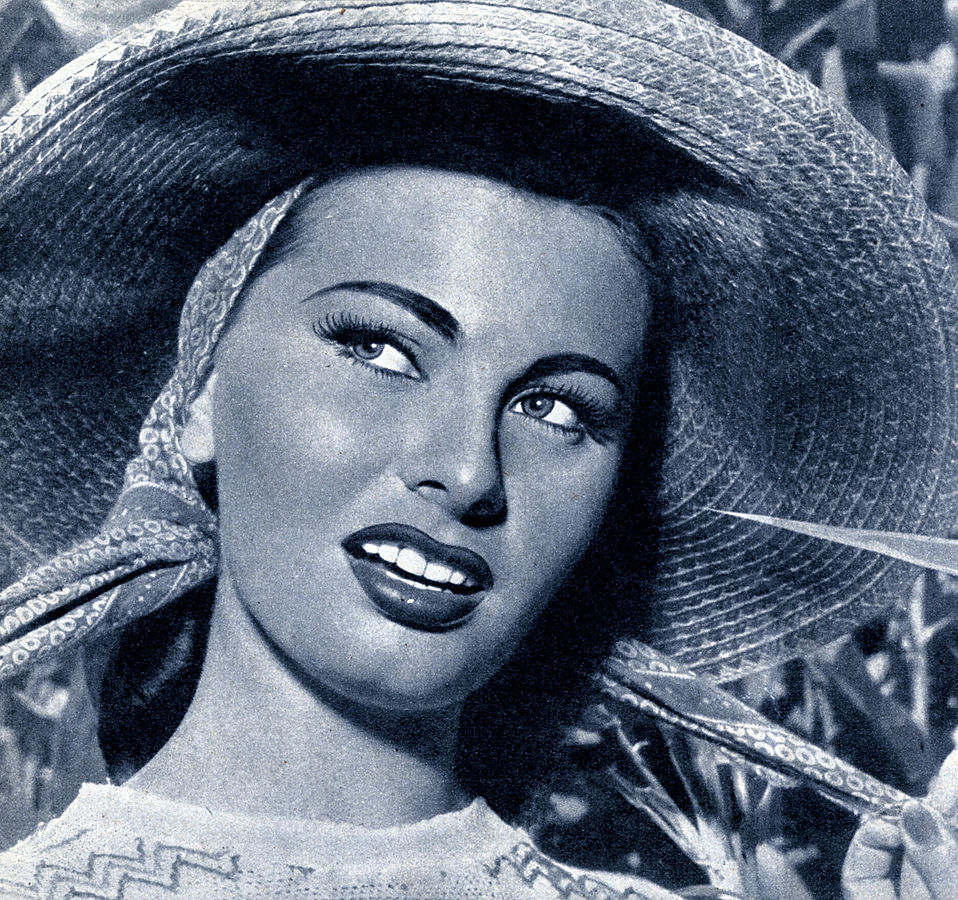
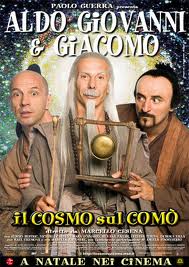
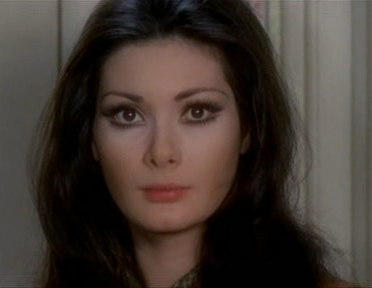


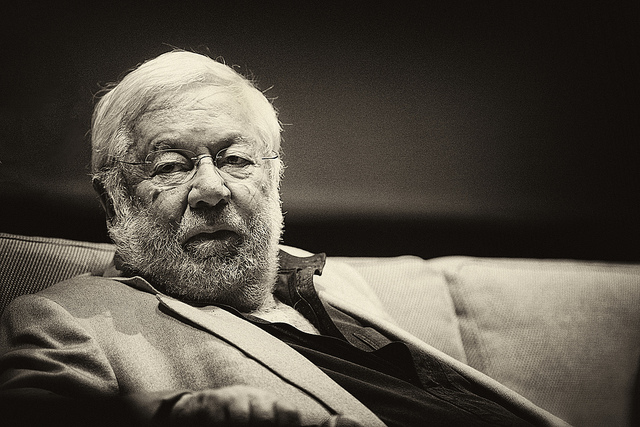




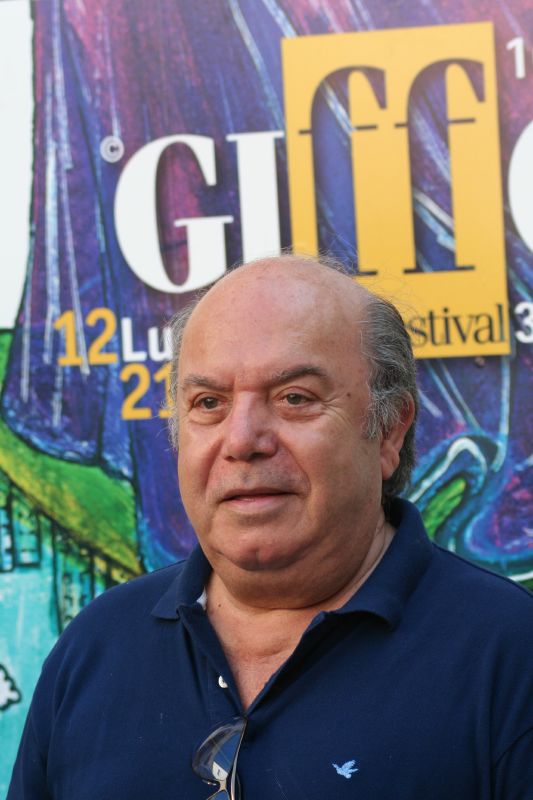


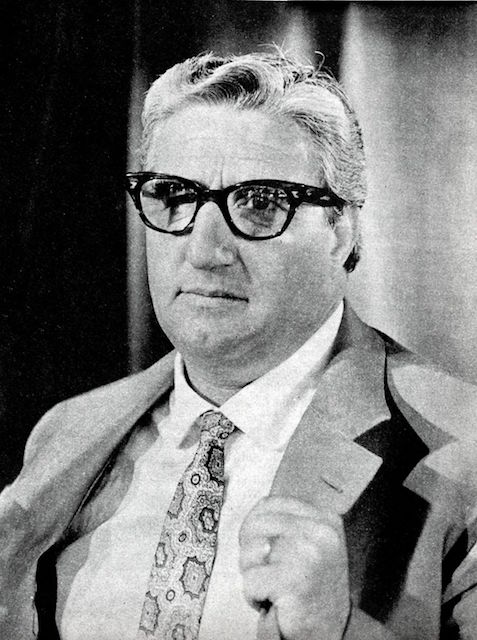
Hi Angela. If you watch Toto’ movies on youtube there is the option on youtube video where you can set subtitles on for any video.
There is a need for his films. So someone has to subtitle them.